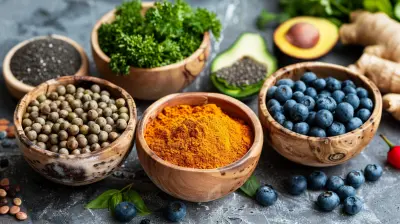The Role of Protein in Muscle Recovery: What You Need to Know
25 July 2025
When it comes to building muscle and bouncing back from those intense workouts, protein is the MVP. Whether you're a seasoned gym rat or just getting into the swing of things, understanding how protein plays a role in muscle recovery is key.
Ever wonder why fitness enthusiasts keep talking about their protein shakes, chicken breasts, or eggs? It’s not just another fitness fad—there’s actual science behind it. So, let’s break it down in a fun and simple way!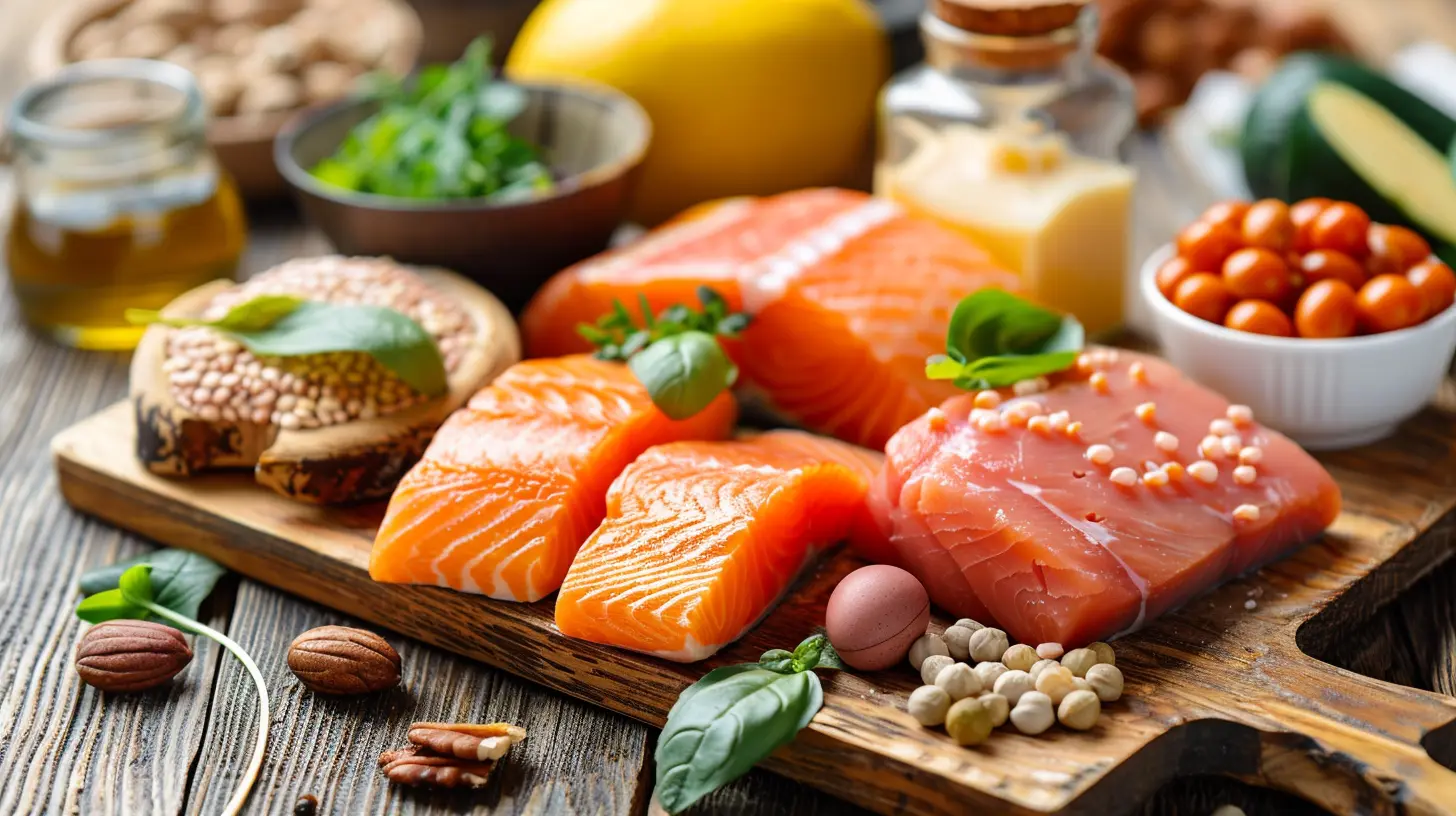
Why Is Protein Important for Muscle Recovery?
Picture this: You just crushed a tough workout. Your muscles are screaming, and all you want to do is collapse on the couch. But here’s the deal—your muscles aren't just tired; they’re slightly torn. And that’s not a bad thing!During resistance training (think weightlifting, HIIT, or even a long run), tiny tears occur in your muscle fibers. Your body then swings into repair mode, reinforcing those fibers and making them stronger. But it needs the right building blocks to do that. That’s where protein steps in.
Protein is made up of amino acids, which are like tiny construction workers repairing and rebuilding your muscles. Without enough of them, your recovery slows down, muscle soreness lingers, and your gains? Well, they’ll be taking a detour.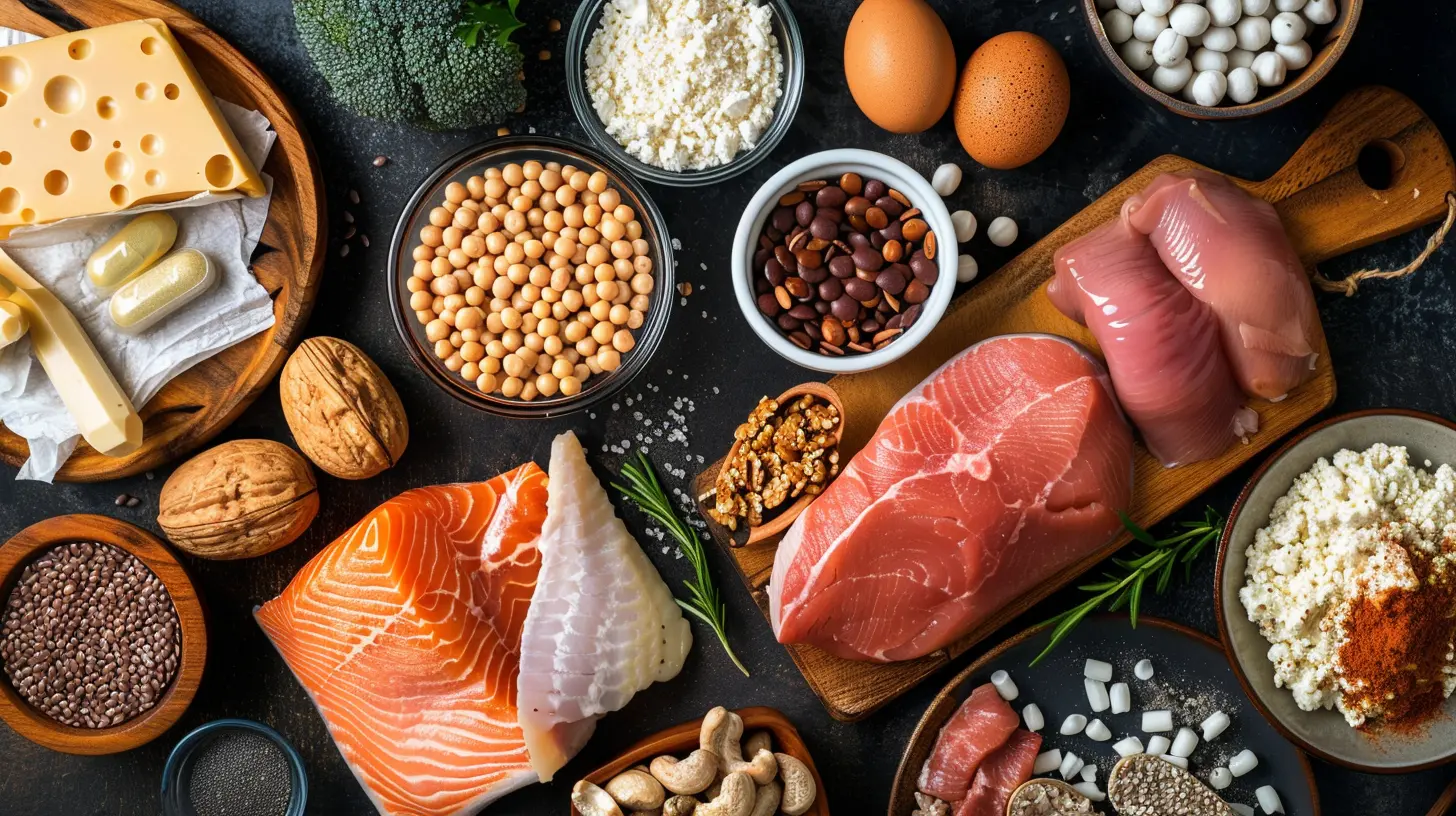
How Much Protein Do You Really Need?
Now, here’s where things get interesting. If you Google how much protein you should eat, you’ll probably find a million different answers. But let’s simplify it.- For the average person: Around 0.8 grams of protein per kilogram of body weight is enough.
- For active individuals: If you lift weights, run, or do any form of intense exercise, you should aim for 1.2–2.2 grams per kilogram.
- For serious athletes and bodybuilders: The upper end of that range (or more) might be necessary, depending on your goals.
Let’s put that into perspective: If you weigh 70 kg (about 154 lbs) and hit the gym regularly, you should aim for at least 84–154 grams of protein per day.
So, does that mean you have to eat nothing but chicken and protein shakes all day? Nope. There are plenty of delicious ways to hit your protein goals (we'll get to that soon).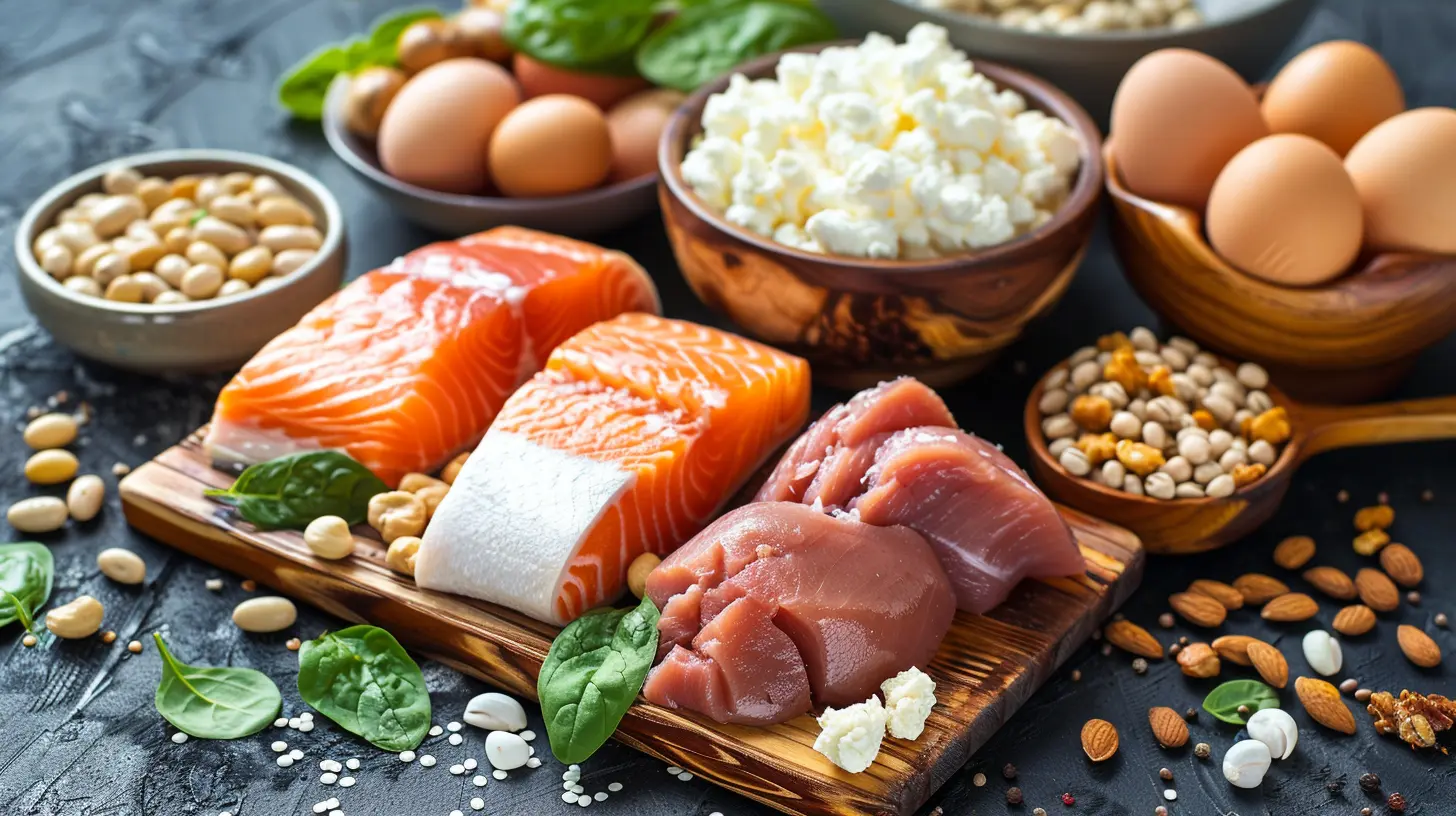
Best Sources of Protein for Muscle Recovery
Protein comes in all shapes and sizes. Some are better absorbed by the body than others, and some pack in extra nutrients that help with overall health. Here’s a rundown of the best sources:Animal-Based Proteins (Complete Proteins)
These contain all nine essential amino acids your body needs for muscle recovery.- Chicken and Turkey – Lean, high in protein, and super versatile.
- Eggs – Not just for breakfast! They have a perfect amino acid profile.
- Fish (Salmon, Tuna, etc.) – Loaded with protein and omega-3 fatty acids, which help reduce inflammation.
- Lean Beef – Packed with iron and protein for muscle power.
- Dairy (Greek Yogurt, Cottage Cheese, Whey Protein) – Great for muscle repair and packed with casein, which digests slowly for overnight recovery.
Plant-Based Proteins (Great for Vegetarians & Vegans!)
While plant proteins might lack one or two essential amino acids, combining different sources can easily fix that.- Lentils and Beans – Affordable, protein-packed, and full of fiber for digestion.
- Tofu and Tempeh – Great meat alternatives with a solid protein punch.
- Quinoa – One of the only plant-based proteins that’s “complete.”
- Nuts and Seeds – Almonds, chia seeds, and pumpkin seeds offer protein and healthy fats.
- Protein Powders (Pea, Rice, or Soy-Based) – Ideal for vegans needing an easy protein boost. 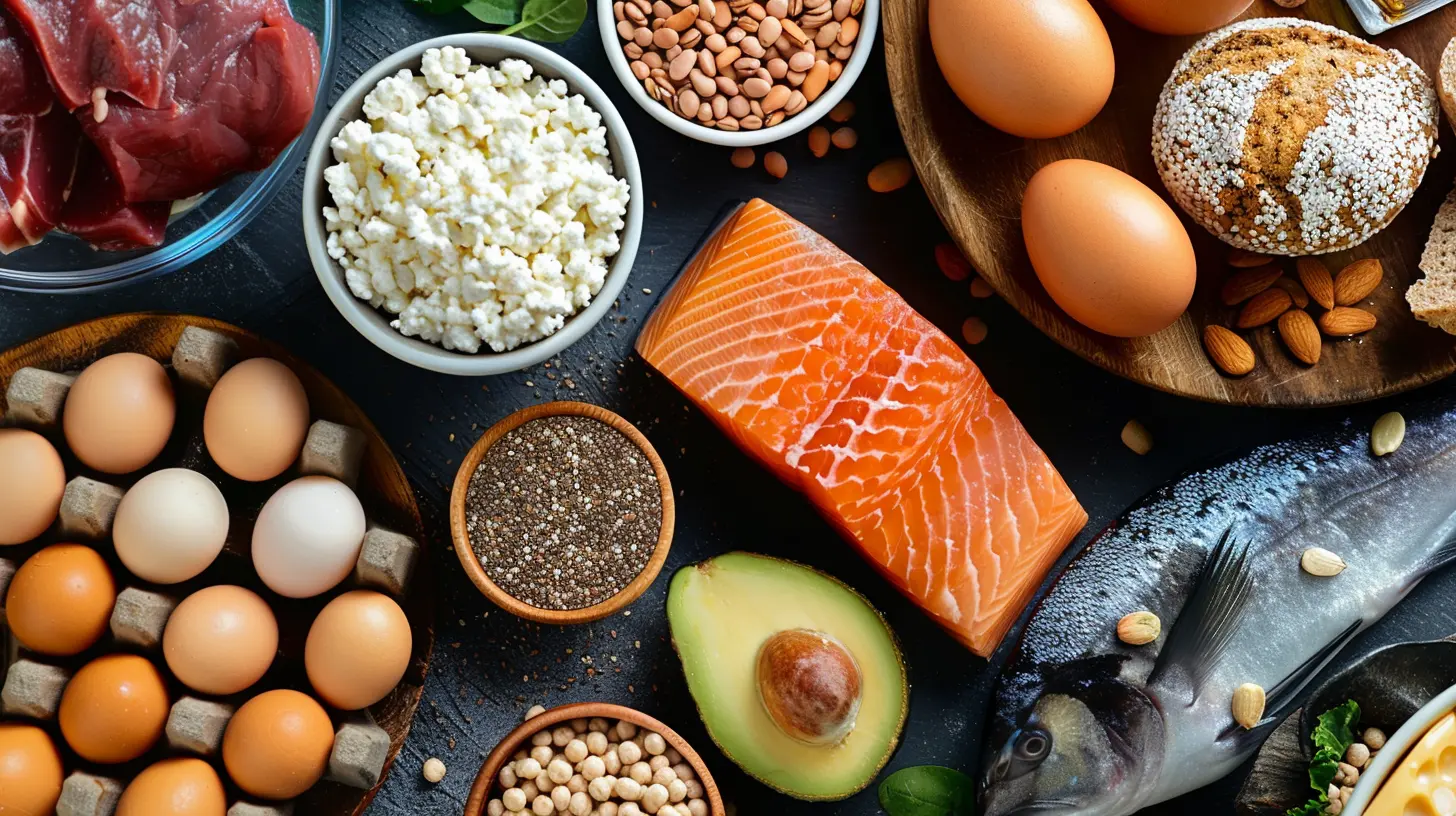
When Should You Eat Protein for the Best Recovery?
So, you know protein is crucial, but timing also matters. The general rule of thumb? The anabolic window—a fancy way of saying “eat protein within 30–60 minutes after exercise.”But don’t panic if you don’t down a protein shake the second you finish that last rep. The real takeaway is to consume enough protein throughout the day to keep muscle repair and growth on track.
Pro tip: Pairing protein with some carbs (like chicken and rice or a smoothie with whey and banana) helps shuttle nutrients into your muscles faster. Carbs replenish glycogen stores while protein does its job with muscle repair.
Do You Need Protein Supplements?
Ah, the age-old question. Do you really need a protein shake to maximize muscle recovery? Not necessarily—but they sure are convenient.If you struggle to hit your daily protein intake, protein supplements can be a game-changer. Whey protein tends to be the go-to for fast absorption, while casein protein is great before bed since it digests slowly.
Plant-based protein powders are great options too, especially if you have dietary restrictions.
But don’t forget—real food should always come first! Supplements are just that—a supplement to a balanced diet.
What Happens If You Don’t Get Enough Protein?
Skipping out on protein can seriously slow down your recovery and performance. Here’s what happens when you don’t get enough:- Longer Recovery – Soreness sticks around longer, making it tough to stay consistent with workouts.
- Muscle Loss – If your body doesn’t get enough protein, it starts breaking down muscle for nutrients.
- Weaker Immune System – Protein plays a big role in immune function, so you might get sick more often.
- Low Energy and Fatigue – Protein helps keep energy levels stable. Without it, you may feel sluggish.
In short? If muscle recovery, growth, and overall health matter to you, don’t skimp on protein!
Simple and Tasty High-Protein Meal Ideas
Need some inspiration for protein-packed meals? Here are a few easy ideas to fuel recovery:Breakfast
- Scrambled eggs with whole-grain toast and avocado- Greek yogurt with berries and almond butter
- Protein smoothie with banana, almond milk, and whey
Lunch
- Grilled chicken with quinoa and roasted veggies- Lentil soup with a side of whole-grain bread
- Tuna salad with mixed greens and feta cheese
Dinner
- Baked salmon with sweet potatoes and steamed broccoli- Tofu stir-fry with brown rice and soy sauce
- Lean beef tacos with black beans and avocado
Snacks
- Cottage cheese with honey and cinnamon- Handful of almonds and pumpkin seeds
- Protein bar (check for good ingredients!)
Final Thoughts
Protein isn’t just for bodybuilders or fitness models—it’s essential for anyone who wants to stay strong, recover faster, and feel their best. Whether you get your protein from chicken, tofu, or a protein shake, just make sure to get enough throughout the day.If you take away one thing from this, let it be this: Muscles don’t grow in the gym—they grow when you recover. And protein is your best friend in that process.
So next time you finish a workout, grab that high-protein meal, treat your body to the nutrients it deserves, and keep crushing your goals!
all images in this post were generated using AI tools
Category:
Post Workout RecoveryAuthor:

Holly Ellison
Discussion
rate this article
1 comments
Korian Murphy
Protein: Fueling resilience, rebuilding strength.
August 9, 2025 at 4:39 AM

Holly Ellison
Thank you! Protein is indeed essential for muscle recovery and rebuilding strength after exercise.
